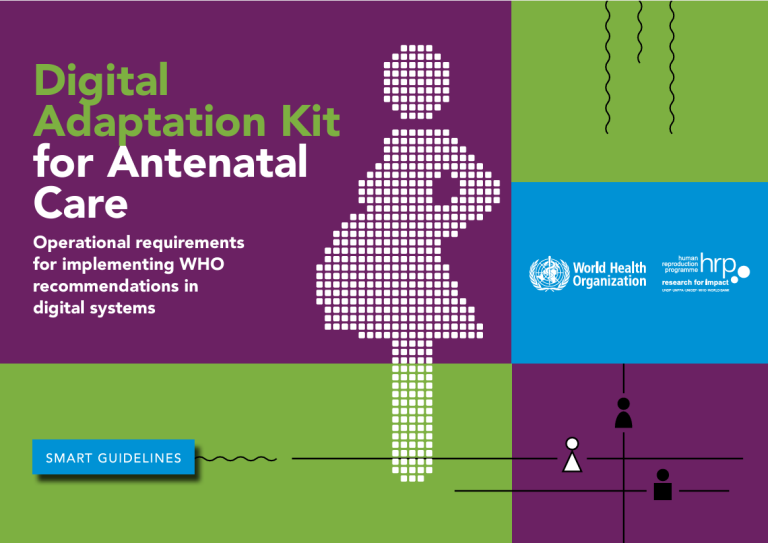For twenty years, the President’sEmergency Plan for AIDS Relief(PEPFAR) has been at the helm of the global charge against HIV/AIDS. Its weapon? Groundbreaking healthcare transformations developed through innovative strategic information systems. Notably, its influence has left are sound impact in Zambia. Here, it has spearheaded digital health advancements, including the cutting-edge electronic health record system known as SmartCare, against the backdrop of a significant HIV prevalence of 11.3% (UNAIDS, 2020).
The role of data-driven healthcare strategies has been magnified significantly, thanks to PEPFAR. This initiative has acted as a springboard for sustainable and impactful health programs, withSmartCare in Zambia standing out as a benchmark. Implemented by the Institute for HealthMeasurement Southern Africa, with PEPFAR funding, this powerful digital tool has radically reshaped the landscape of patient care and data management. This transformation is especially pivotal within Zambia’s healthcare system, where resources are stretched to the limit with a doctor-to-population ratio of 1.6 per 10,000 people (WHO, 2018)
The strategic focus on information systems by PEPFAR has sparked digital health innovation. This is crucial for managing vast data sets effectively. Given Zambia’s 74% mobile penetration rate (ZambiaInformation and Communications Technology Authority, 2020), Zambians are uniquely positioned to reap the benefits of this digital age. SmartCare offers a beacon of hope, enabling real-time tracking, predictive modeling, and individualized care. This has vastly improved the caliber of Zambia’shealthcare sector in terms of patient tracking, quality of care, and data management
As PEPFAR steps into its third decade, its focus sharpens on accurate, relevant, and actionable data, aligning seamlessly with Zambia’s digital health strategy and the ongoing evolution of SmartCare. The mission of PEPFAR – leading with data, forging collaborative investment with partnering countries, and ensuring data system transparency – harmonizes with Zambia’s comprehensive eHealth evaluation framework and global best practices.
The data-driven approach adopted by PEPFAR has illuminated various avenues to expedite digital health growth. Firstly, it has shown that advocating for strategic information systems can stimulate the uptake of digital health solutions, as evidenced by SmartCare. Secondly, PEPFAR’s influence can incite the adoption of digital health solutions in lower and middle-income countries, just like Zambia.SmartCare has already showcased the transformative capacity of digital health within Zambia’s health sector.
Moreover, PEPFAR’s investment in research and development could further fuel the evolution of digital health, leading to better solutions to tackle healthcare challenges. Considering that 89.5% of households in Zambia own at least one mobile phone (Zambia Central Statistical Office, 2020), the nation stands to gain significantly from such technological advancements.
As we reflect on PEPFAR’s profound influence over the past two decades, it’s clear that its strategic focus on information and data has opened a world of opportunities for digital health growth. As a catalyst, PEPFAR can help digital health realize its full potential, revolutionizing health care for the better. The success of SmartCare in Zambia stands as a testament to this potential, demonstrating how PEPFAR’s digital health investments can lead to superior patient care, efficient data management, and healthier communities. As PEPFAR continues its pioneering work, we can anticipate more groundbreaking innovations like SmartCare, transforming healthcare systems both globally and locally within countries like Zambia



